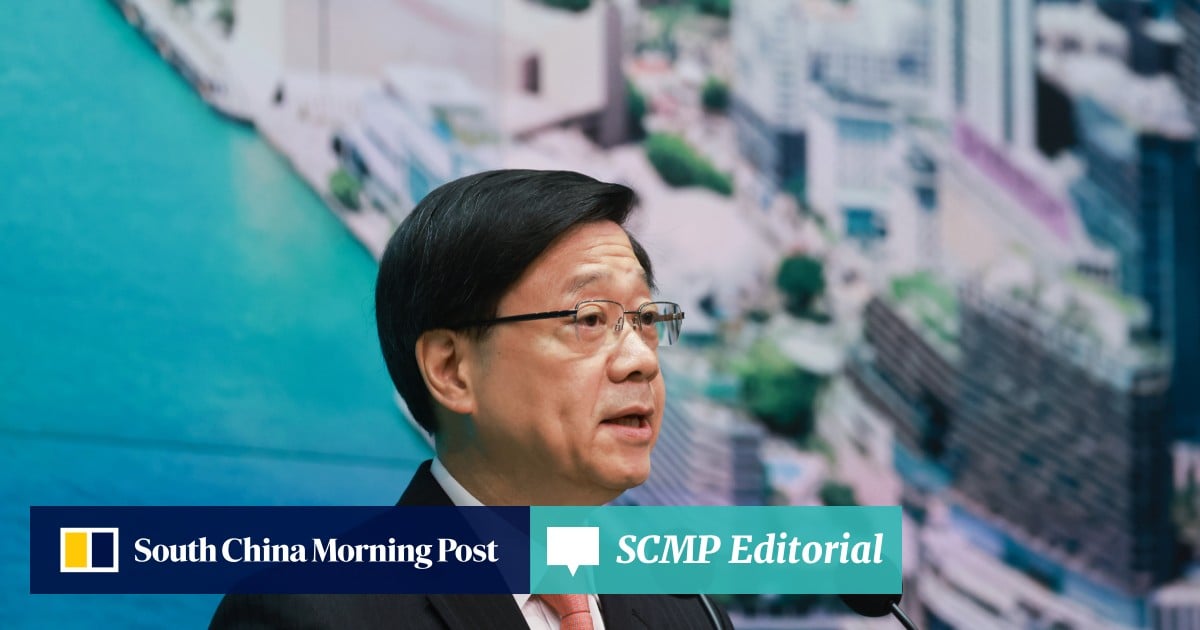
Hong Kong has an ambitious plan to transform into a smart city harnessing hi-tech to improve commerce, services and people’s lives.
To that end, the announcements just keep on coming. Just this week we learned that China’s Westwell, an artificial intelligence logistics firm, plans to set up a research and development (R&D) centre in Hong Kong that ultimately may lead to a line of autonomous cargo trucks serving the airport and ports.
A day later, we find the city’s Uspace Technology aims to produce its first Hong Kong satellite as early as this year, and expects to sell half of its 200 annual units to customers in the Greater Bay Area, with the aim of making the region of nine mainland cities, plus Macau and Hong Kong, greener and smarter.
Another assembler called Aspace is developing satellites for Saudi Arabia, from Hong Kong. The latest pledges follow just weeks after Contemporary Amperex Technology (CATL), the world’s largest manufacturer of batteries for electric vehicles, said it would set up its own R&D centre in Hong Kong and recruit 500 staff with the aim of starting operations this year.
Advanced and smart manufacturing have been major policy priorities of Chief Executive John Lee Ka-chiu’s administration.
Can Hong Kong become a space hub? Possibly, experts say, but clock is ticking
Can Hong Kong become a space hub? Possibly, experts say, but clock is ticking
The Office for Attracting Strategic Enterprises (OASES) set out in his October 2022 policy address, with the aim of creating 10,000 jobs, had already attracted 30 companies from outside Hong Kong a year later.
Its top targets are firms specialising in life and health sciences, artificial intelligence, data science, fintech, advanced manufacturing, new materials and new energy, and most firms will set up shop in the rapidly growing Northern Metropolis region near Shenzhen.
The interest in advanced manufacturing has been keen, including major investment plans by Chinese automotive chip makers Horizon Robotics and Black Sesame Technologies.
There should be little irony lost on the notion of manufacturing returning to Hong Kong, which saw its old-style sector – labour intensive, lo-tech, and polluting – all head to the mainland or beyond over the past decades.
But the high-end work done by companies such as Uspace will help the city bolster its growing reputation as a centre of innovation. The city appears to have found another gear in its bid to do so.
